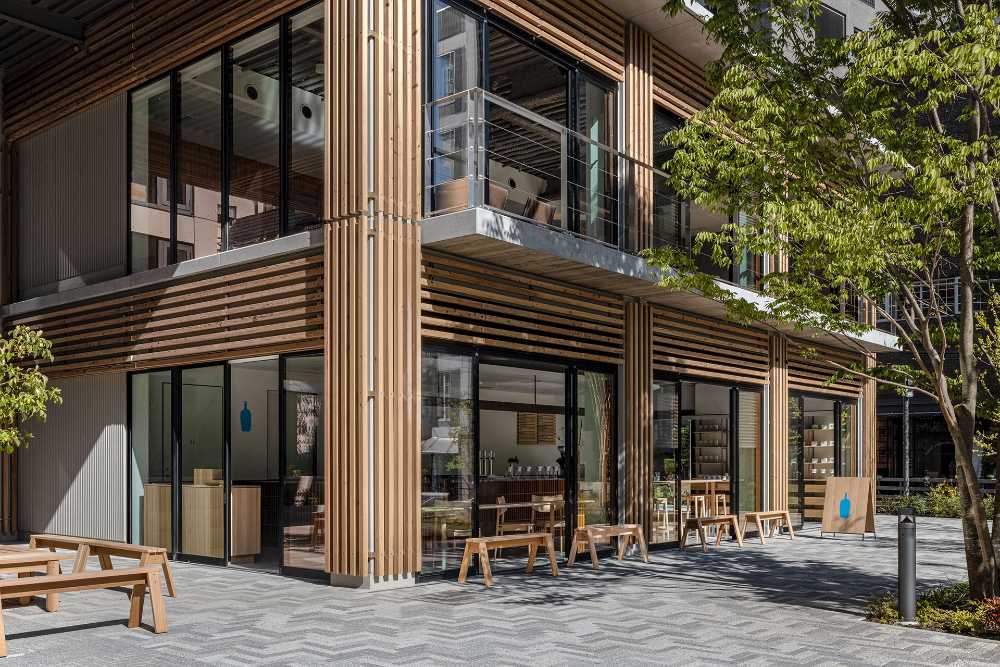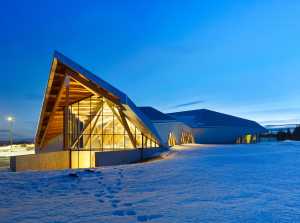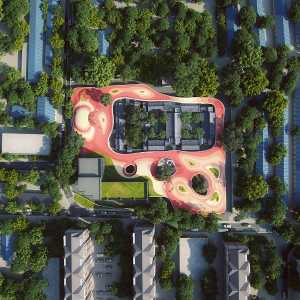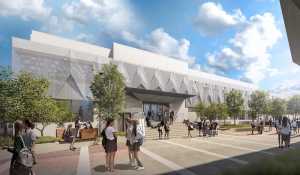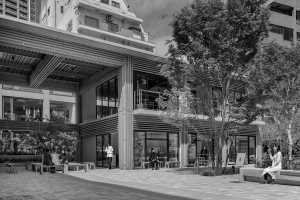
Keiji Ashizawa Design
2-17-15 1F Koishikawa Bunkyo-ku Tokyo Japan
Keiji Ashizawa Design is a studio composed of members with various experiences and skills. Specializing in architecture, interiors, furniture, lighting, and product design, they propose an "honest design" that goes beyond dimension and form.
Keiji Ashizawa was born in 1973. After graduating from Yokohama National University in 1996, Keiji began his career as an architect and honed his craft at a carpentry and lighting design studio, super robot. In 2005, he founded his studio, Keiji Ashizawa Design.
Past projects include collaborations with furniture companies such as Karimoku, MUJI, IKEA, and pilot architecture projects with Panasonic homes. Awards include the Best 100 under Social infrastructure from the GOOD DESIGN AWARD, platform category, and the JDP President's Special Award (Ishinomaki Laboratory), the 2010 National Architecture Awards from the AIA (Wall House, a collaboration with Peter Stutchbury Architecture), and the 2021 Monocle Best Restaurant Design Award (Restaurant Masu). He is currently a visiting professor at Ritsumeikan University, Director of IFFT, a jury member of the GOOD DESIGN AWARD, iF, and Young Guns.
His philosophy, "Honest Design," is consistent in every project, extending from small product designs to architectural projects. He honestly addresses the terms and limitations of each project, seeking solutions for them. This process from broad perspectives leads to multifaceted solutions, amplifying each element and showcasing the strength and beauty of materials. In architectural projects, focusing on the relationship with environmental terms, he approaches from landscape to style, harmonizing space with various techniques comprehensively. For products, considering not only functions and limitations but also relationships and effects with spaces and architectures, he excels in product design with meticulous material tuning. On the other hand, he is also attentive to exploring how design and creativity contribute to society from his architectural standpoint.
In 2011, to support the recovery efforts of local communities following the Great East Japan Earthquake, he initiated Ishinomaki Laboratory, a public DIY workshop. In 2014, Ishinomaki Laboratory was incorporated as a furniture company. The unique skills and experiences gained in these early years, and a deeper understanding of materials, continue to influence his approach to design.

